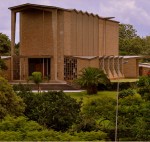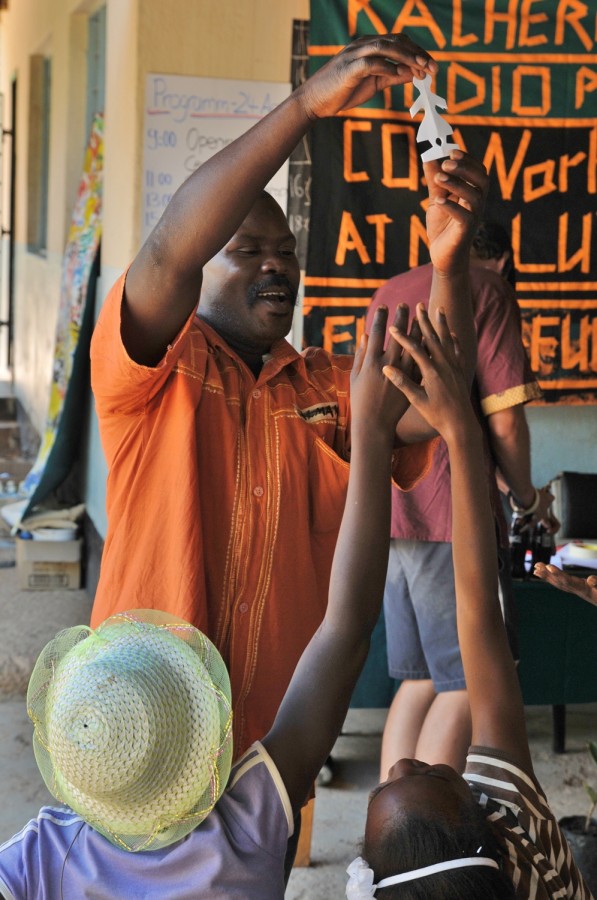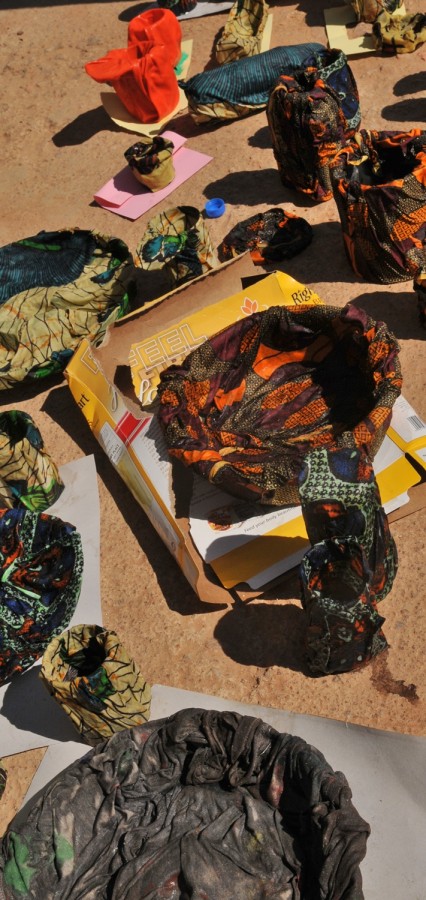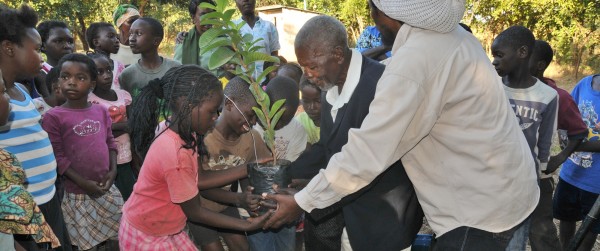 Ninety four year old Rev. Aston Mhango of New African Methodists remembers that fifty years ago there were still lions and other wild animals that roamed about in Naluyanda area of Chibombo district – known as 6 miles by Lusaka dwellers.
Ninety four year old Rev. Aston Mhango of New African Methodists remembers that fifty years ago there were still lions and other wild animals that roamed about in Naluyanda area of Chibombo district – known as 6 miles by Lusaka dwellers.
In the 70s and early 80s most trees were gone, wild animals disappeared and if the trend continues, “this place will be a desert,” lamented Rev. Mhango. “This place was like Eden, full of trees, wild fruits, streams flowing and animals all over but everything is today gone – there has been indiscriminate cutting of trees due to charcoal burning, animals have been poached, streams have dried up and we do not seem to care about our environment at all,” Rev Mhango said.
These sentiments were echoed during a three day environmental and art entrepreneurship training workshop that was organized by German Development Cooperation (GIZ) for children and women at Naluyanda Integrated Development Organization (NIDO) in collaboration with Kachere Art Studio.
Using Funta-Funta art and highlighting climate change challenges, Kachere art studio was at hand to give environmental education and practical skills development on found materials that litter surroundings.
In this three day workshop, the learners started with easy exercises which ranged from how to use scissors, cutter knives and papers. After a short time the participants were able to transform plain paper into something unique like paper flowers, trees and animated shapes, much to the amusement of the children and mothers.
The workshop progressed into specific skills for youths and women such as toy making for boys, textile designing for women and occasion card making for girls.
Kachere artists encouraged the learners to begin to think outside the box and filled the children with enthusiasm about using solid waste materials in creative ways that will see them expand their imagination in the production of their art pieces. The women were motivated to ‘valika dothi’ (this is to cover discarded objects with homemade textiles to create beauty) in a way they have never dreamt of before.
By applying Kachere’s Funta-funta art, the learners graduated with Certificates of Competence that will see them not only being environmentally conscious but also becoming green artists in the making with a view to putting money-in-their-pockets and job creation.
Naluyanda community’s daily life has no time to think art or the environment; the ticking of the clock is ruled by hard work in the fields, looking after animals, early marriages, beer drinking and idling.
The Funta-Funta exercise was accompanied by environmental input to make the learners aware of what we throw away and showed them that waste like plastic, rugs, tins and bottles still have an unutilised value, a value that needs to be used and the only thing that is necessary is a transformation of what seems to be litter into something of value. Kachere explained to the learners that, “this is Funta-Funta art, there is no limit to it because creativity knows no boundaries,” and this philosophy was the kick start of the three day workshop which translated into a full art laboratory. Two German volunteers at Naluyanda, Katharina Schmitt and Christian Reinhardt joined the Kachere artists in educating the learners.
“The workshop was definitely a unique experience; it opened opportunities for our future. For the one year I have been at Naluyanda, I have never seen all the children focusing on their work with such enthusiasm,” said Reinhardt in an interview. “It was difficult to get the women to make a break for lunch. They were so engrossed in their art and at the same time enjoying themselves and laughing so much like I have never seen them before,” echoed Schmitt.
Meanwhile, headman Yenga Yenga from Yenga Yenga village reiterated that he hoped that the skills acquired from the workshop will be of benefit to the community. Joyce Banda, a mother, was all smiles after the workshop and said that she was one of the happiest persons alive in that she has finally acquired a skill that will help put food on the table. “I am so excited to carry on with handmade textile printing and I am ready to share this knowledge with my friends,” she said.
. . .and 11year old Watson Chunda was heard saying, “I swear, we never learn things like these in our school.”
As a final event Rev. Mhango planted a tree together with the children to mark a changing point in Naluyanda.
The seed is planted and now it’s up to the participants from Naluyanda to use and enhance their new acquired skills.
The workshop drew participants from Kakoma, Yenga Yenga, Ndalama, Scheme and Mwashama villages and was sponsored by German Development Cooperation, Alendo Travel & Tours and the Civil Society Environment Fund.



Leave a Reply
You must be logged in to post a comment.